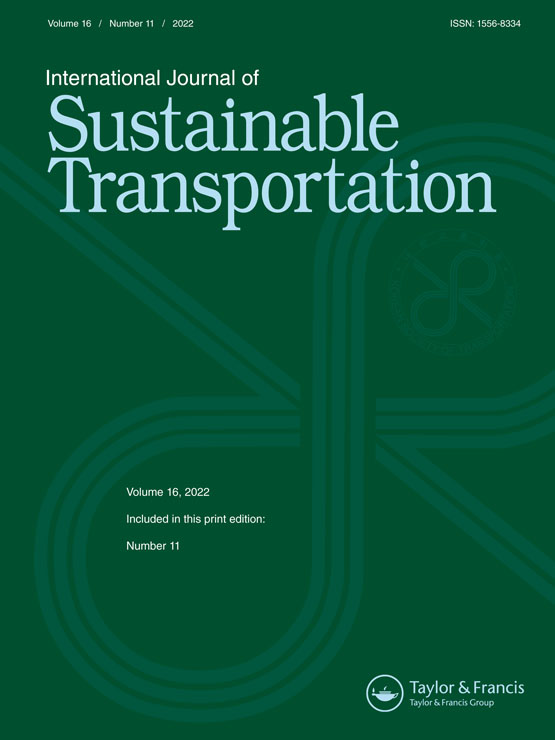Impact of emissions information on travel decisions
 Tourism trips (e.g. leisure/holiday trips) can cause considerable environmental pollution due to CO2 emissions. Travelers often do not know how environmentally damaging their vacation trip actually is, because they do not receive any information about it or are only offered monetary compensation for the CO2 emissions. Against this background, Thomas Hagedorn and Jan Wessel investigate in a recent study how information about the CO2 emissions of a trip affects the travel decision. The article is published in the International Journal of Sustainable Transportation. Using a discrete choice experiment, the authors find that, in particular, the "grams per euro spent" emissions indicator motivated by Hagedorn and Sieg (2019) exerts a statistically significant influence on travel decisions. It induces people to be more likely to choose the travel alternative with the lower emission indicator value. The steering effect through this indicator, which was developed specifically for leisure/holiday travel, is stronger than through other emission indicators, especially stronger than when only information on the costs of offsetting emissions is provided. The results of the experiment suggest that this indicator could be used as an effective steering tool to make people reconsider traveling with cheap but emission-intensive modes of transport, such as ultra-low-cost carriers in particular.
Tourism trips (e.g. leisure/holiday trips) can cause considerable environmental pollution due to CO2 emissions. Travelers often do not know how environmentally damaging their vacation trip actually is, because they do not receive any information about it or are only offered monetary compensation for the CO2 emissions. Against this background, Thomas Hagedorn and Jan Wessel investigate in a recent study how information about the CO2 emissions of a trip affects the travel decision. The article is published in the International Journal of Sustainable Transportation. Using a discrete choice experiment, the authors find that, in particular, the "grams per euro spent" emissions indicator motivated by Hagedorn and Sieg (2019) exerts a statistically significant influence on travel decisions. It induces people to be more likely to choose the travel alternative with the lower emission indicator value. The steering effect through this indicator, which was developed specifically for leisure/holiday travel, is stronger than through other emission indicators, especially stronger than when only information on the costs of offsetting emissions is provided. The results of the experiment suggest that this indicator could be used as an effective steering tool to make people reconsider traveling with cheap but emission-intensive modes of transport, such as ultra-low-cost carriers in particular.


